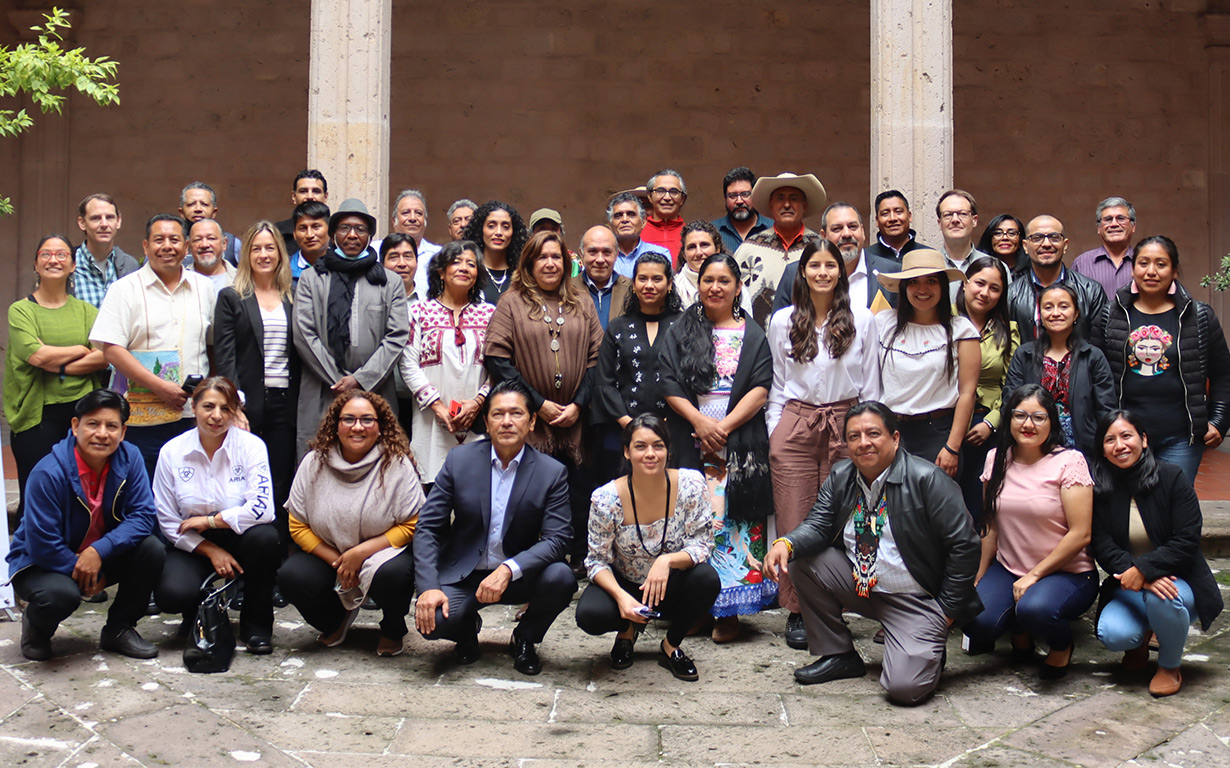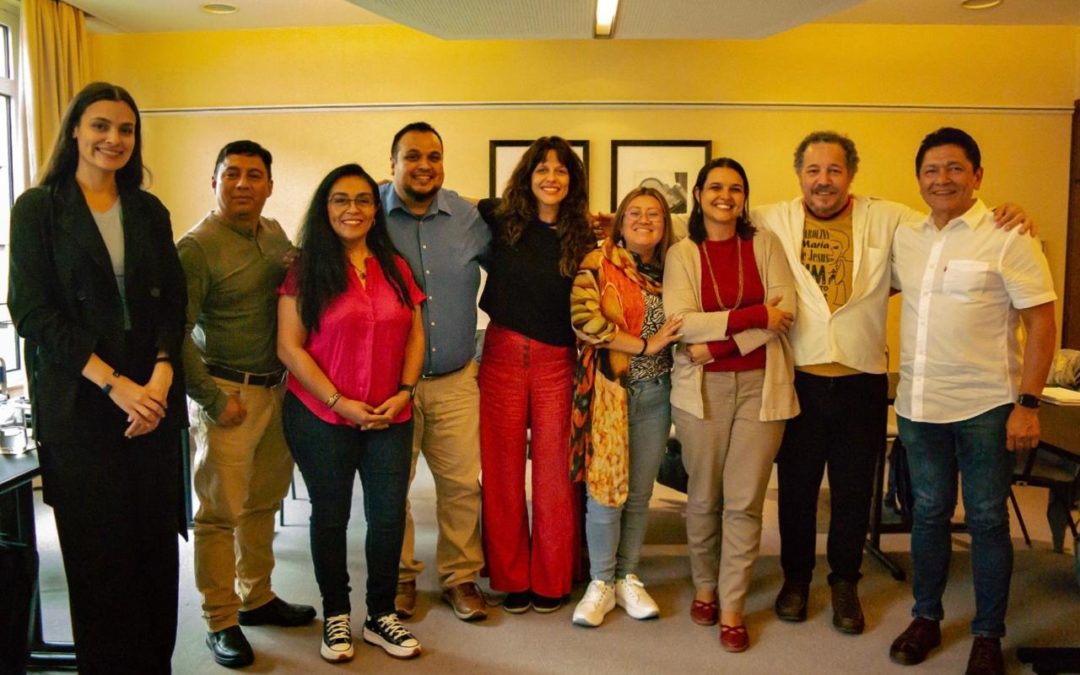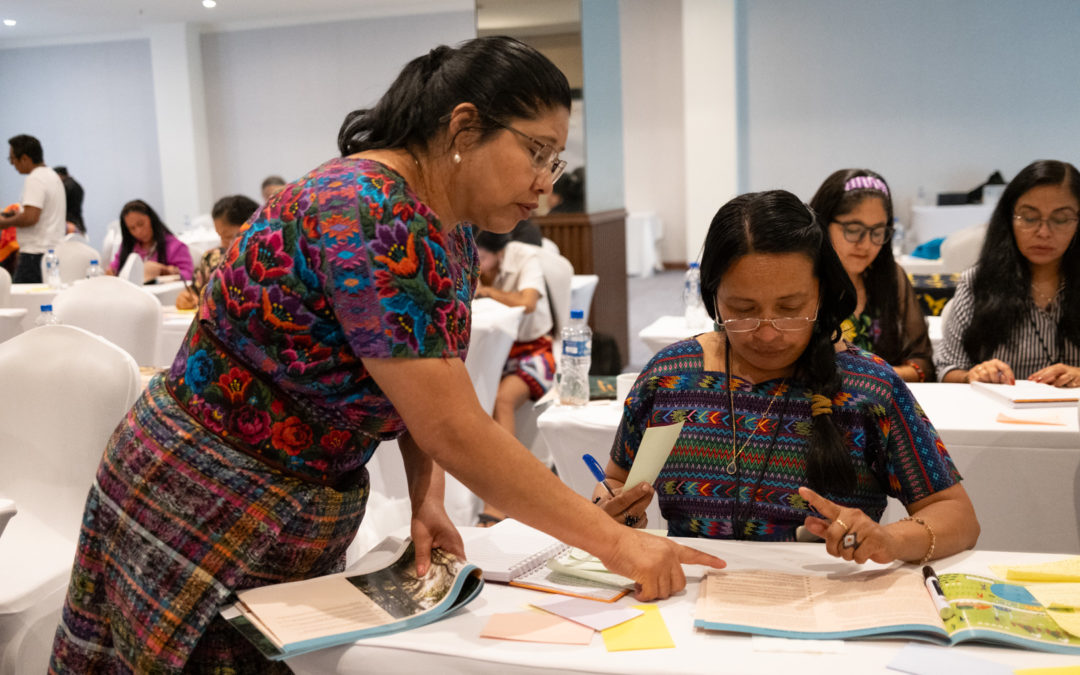With the aim of strengthening territorial capacities, the Exchange of knowledge on community mechanisms for territorial financing is being held in Morelia, Mexico, from October 7 to 9.
Representatives of agricultural, indigenous and local community organizations from South America, Central America, Asia, Africa and Europe are analyzing the challenges and best practices for funding to reach the communities and territories, to combat Climate Change, the conservation of biodiversity and to reverse the degradation of nature.
The event is convened by the Mesoamerican Alliance of Peoples and Forests (AMPB), the Mexican Network of Forest Peasant Organizations (Red Mocaf); the Forest & Farm Facility (FFF) mechanism; the International Union for Conservation of Nature (IUCN); and the Coordinator of Territorial Women Leaders of Mesoamerica of AMPB. It has the support of the Ministry of Foreign Affairs of Mexico.
Scientific evidence supports the importance of the role of indigenous peoples and local communities in caring for forests and ecosystems, as well as the contribution of their actions to the fight against climate change. However, recent research reveals that a low percentage of climate and conservation funding reaches communities.
During COP26 in Glasgow, UK, the Forest Tenure Funders Group pledged $1.7 billion to support indigenous peoples and local communities.
Given this, indigenous peoples and local communities have designed their own financing mechanisms to facilitate direct territorial investment on a significant scale, such as the Mesoamerican Territorial Fund.
In this sense, during the meeting in Michoacán, experiences will be exchanged for the design and implementation of territorial financing mechanisms for learning purposes, identification of common problems and cooperation possibilities.
Successful experiences
The exchange will include a field visit to learn about two successful experiences in community fund management:
The Mexican Association of Credit Unions of the Social Sector, manager of a network of social enterprises that provides comprehensive and innovative financial services and products for social development and the inclusion of highly marginalized rural indigenous communities in Mexico.
For 25 years, AMUCSS has participated in the creation, operation and supervision of community financial companies and intermediaries, as well as integration organizations, to contribute to the financial inclusion of rural families through an optimal distribution of services and products in areas difficult to access.
The delegation will also visit San Jerónimo Purenchécuaro, a Purépecha indigenous community, belonging to the municipality of Quiroga, in the state of Michoacán. This community is located on the shores of Lake Pátzcuaro, which is still governed by uses and customs, and they have worked hard for the conservation of their forests and wetlands, to the point where they have currently established 2,300 hectares of their community (ADVC), as areas voluntarily designated for conservation, a category officially recognized by the National Commission for Natural Protected Areas (CONANP).
The community established a forest nursery that produces up to 20,000 pine and oak plants annually. The community is also working on the establishment of an Aquaculture Research Center for the preservation of local fauna species.
Building new relationships with donors
The exchange in Morelia will be followed by a meeting with donors in Washington DC, United States, on October 12 and 13. This will be a space for meeting potential donors and allies interested in investing in and strengthening indigenous and community financing mechanisms.
This meeting will be the first in a series during which the representatives will provide options and solutions to change the current model of climate, biodiversity and development aid. The goal is to reverse the trend and kick-start a large proportion of international finance, where change really needs to happen, but also in a way that is relevant to rural communities.
Learn more about the activity here.



